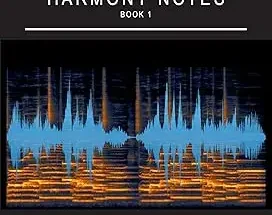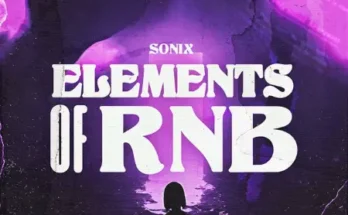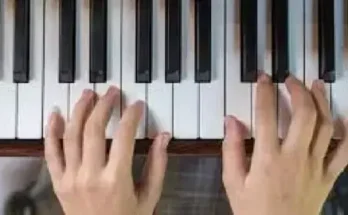10 May 2020 | 759 MB
Called ‘New Names to Watch’ by Pete Tong earlier in the year, OC & Verde have become firmly in the limelight of the House scene, with their recent productions smashing the charts and receiving praise and support from a long list of A-list DJs. In this set of tutorials, the pair reconstruct one of their best known tracks, ‘Maasai’, which spent several weeks at number 1 on Beatport and lead to a host of DJ gigs around the world.
As the tutorials progress, they lay down more and more of the core elements, explaining the thought processes and methodology behind each one, as well as any mixing considerations. After a basic drop and breakdown are formed, they start to build the arrangement, embellishing it with additional melodic sounds and FX as they go, showing the art to maintaining the energy and interest required to keep the dancefloor going. The remaining lessons then explain in detail how the different sections of the track were constructed, to demonstrate how each part develops throughout the song and ensure a DJ has the devastating drops they need!
As well as the streamed tutorials, the course comes with MIDI files of the main melodic and rhythmic sounds that can be dragged into any music software, as well as 150MB of bonus house samples, so there are plenty of materials for students to play with. Before signing up, check out the sample modules on the course page for an example of the course content, and listen to ‘Maasai’ to hear the track that the pair recreate.
Module 1 – Basic Groove Elements
The pair introduce the Template Project, then build up the kick, hat and snare, as well as additional textural layers.
Module 2 – Additional Main Groove Elements
A low frequency percussion groove is added, then the bassline played in and some tops used to fill out the mix.
Module 3 – Creating Hooks
Some distinctive vocal sounds are worked into the groove, before the pair move onto the all important main plucked synth riff.
Module 4 – Extra Rhythmic Layers and Breakdown Beginnings
A tom loop, made with Maschine, is imported into the arrangement and then the first mini breakdown is created.
Module 5 – Reece Bass
The menacing Reece Bassline is created, which starts to form ideas for future breakdowns.
Module 6 – Building the Intro
The initial section of the arrangement is put together, with more groove layers added to beef it up.
Module 7 – Brass Riser
A CS-80 synth plugin is used to add a distinctive brass hit, to signify transitions in the track. The synth is tweaked and various effects are added.
Module 8 – Mixing and Arrangement
The pair begin working a little more on the mix of main bass elements, and then start to think about the arrangement after the intro, leading into the first breakdown.
Module 9 – The First Drop
The first breakdown and drop sections are developed, adding more automated melodic risers to help build tension before the beat kicks back in.
Module 10 – Vocal Hook
The main vocal hook is added, showing how Logic’s song key facility can be used to automatically pitch shift samples.
Module 11 – Snare Roll and Crash
A snare roll is created with Maschine and then added to the timeline, to add energy to buildups.
Module 12 – Live Snare and Electro Synth
As the main drop section grows, various elements are added to improve the groove and add more energy, including a live, offbeat snare and a cool, syncopated synth stab.
Module 13 – Breakdown Arrangement I
The arrangement reaches the main breakdown and its basic foundations are laid out.
Module 14 – Breakdown Arrangement II
Laying down new Breakdown melodies, adding vocal harmonies and building to the final, devastating drop!
Module 15 – Completing the Arrangement
FX sounds are used to create rises and falls in tension, then a mini breakdown and outro are put together.
Module 16 – Final Mixing and Mastering Tips
A few brief comments on the mastering plugs used on the output bus.
[toggle title=”Home page”]https://tinyurl.com/y8cc6auz[/toggle]
http://alfalink.to/71a783114e2795099842
Please REPORT in Comment Broken Links





